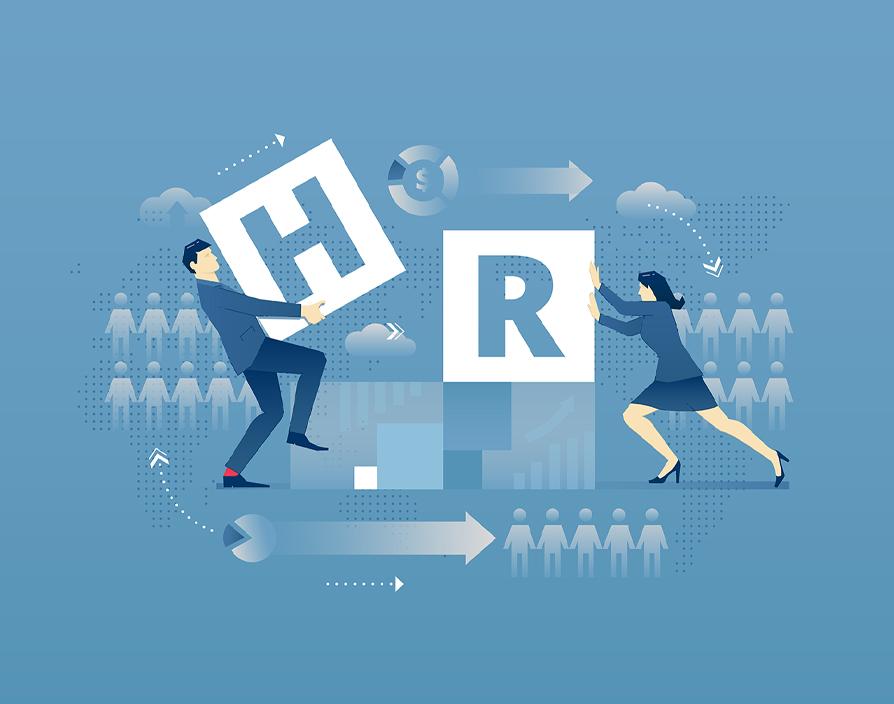You may choose to go in-house or out-of-house, and I have done both in my time. What I didn’t do, to my regret, is to take on board the full impact of the decision.
Even once hired, many of us sigh with relief and hand over colossal amounts of power while putting few, if any, checks in place. We sit up and take notice if we are sued. We will question if the bottom-line drops post their hire, though HR will have a million plausible reasons why that isn’t down to them. But do we delve into what they do on a daily basis? Virtually never.
I had very few good HR people, but only a few. In fairness, the three main expectations of HR are almost completely incompatible before they start. They are expected to keep you legal, keep all stakeholders happy and, increasingly, be responsible for the company culture. Red tape, profits, autonomy, and happy people? An optimistic mix indeed. It is a vast task to achieve the highest company performance from the team hired, on budget while keeping the company out of the firing line of the complex and onerous red tape.
And there lies just one of the problems. Keeping the company legal means keeping up to date with almost daily volumes of revised legislation. It is completely impractical for a single in-house person to keep up with, needing almost daily courses and up-dates. They may have a vague awareness but no time to keep up. Yet my experience is that in-house HRs will have sharp antennae for brewing trouble and be gone long before you get hit with the aftermath.
There are large HR companies who will virtually guarantee that their paperwork will keep you legally protected, and who are geared to keep up-to-date. They mass produce massive tomes of rules and regulations, job descriptions so ridged that breathing requires special dispensation. Stultifying for entrepreneurs and teams alike.
Legalities mean increased red tape, more paperwork. These, in turn, mean more cost, less freedom, less creativity, and considerably less of the start-up culture that has stood you so well in the early stages of growth. I remember following an HR’s instruction to silently give someone a letter to arrange a meeting with them when they sat a metre away from my office. The deafening silence, the cold air settling in the atmosphere. The sheer ridiculousness.
There is only one inevitable result that thrives in such cultivated conditions. Unhappiness grows, productivity and innovation disappear, the damage shows in staff turnover and lower profits. Management and investors will be asking questions, and HR will juggle reasons. The sad reality is that with many companies, people are, indeed, simply a resource for HR to achieve an increased bottom-line figure.
Few HRs will put forward wild and whacky ideas on culture, and values. Instead, they focus on cost cuts and find low performers to boast of removing. Co-incidentally, these cuts and subsequent restructuring and hiring will mean that their department alone needs more resources.
The loss of their colleagues, the re-ordering of departments, and new systems to learn do nothing to appease the unhappy teams and instead scares more to question their job security. Investigations, fast and furious, quickly take on more than a whiff of McCarthyism. I have seen too many HRs who themselves have their favoured inner circles. I have come across inaccurate and even missing legally-required paperwork in my time. They re-enforce their power by doing so.
Of all the executive positions, HR is the wolf in sheep’s clothing; the most dangerous appointment you can make. It rarely has much to do with the cosy, caring centre it purports to be. Some HRs are passionate about justice and fair behaviour. But not all. And good HR and due processes matter because anything less is a betrayal of the trust of everyone involved.
The scope of control of HR can be frightening, wielding immense power, often more than other directors. They chose who is hired, and what remunerations are paid. They control operating systems, company structures, and how the work is done. They are increasingly consulted in our fast-changing world on crisis management, policies, and risk analysis. Not to mention the influence and control they have over a company’s reputation. There was a time when such things involved outside expertise, teams of specialists perhaps. Increasingly, however, they are seen as part of the ever-expanding HR function.
As that position expands, far from being an expert in one area, an HR can potentially end up with more influence and control over the company than even the founder or CEO. Yet few have built companies of their own to any size. It is extraordinary that they should be increasingly expected to be such all-knowing experts.
One of my strongest pieces of advice in retrospect would be to think long and hard as to how much control an HR should have over your company. At best, they are fallible humans. Super-heroes are few and far between. Don’t expect one.
Share via:








































